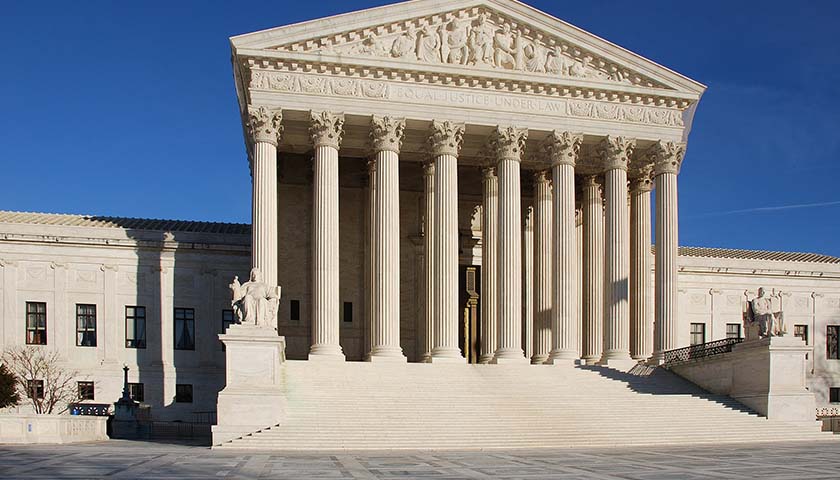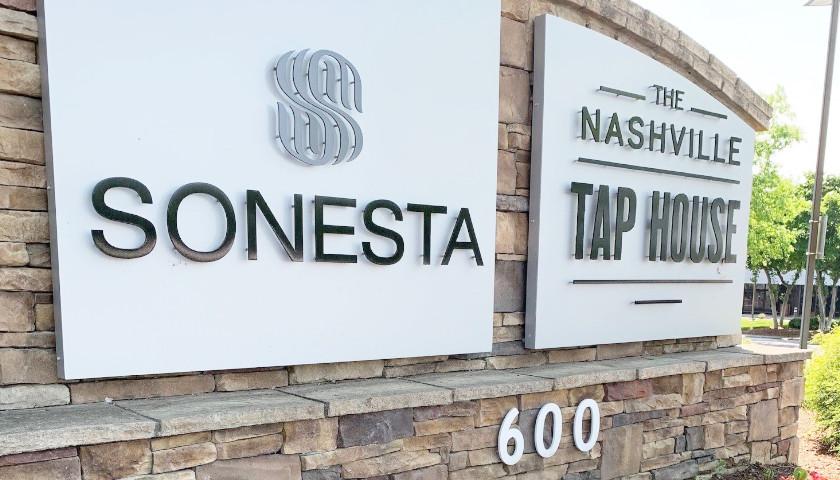by Christian Wade
The U.S. Supreme Court will hear arguments next week in a Maine lawsuit that challenges a state law prohibiting the use of tuition funds for religious education.
A lawsuit filed by the Institute for Justice and First Liberty Institute on behalf of several Maine families seeks to overturn a state law that prohibits the use of taxpayer dollars for students to attend religious-based schools.
The Maine Department of Education provides tuition dollars for families who live in far-flung towns that lack public schools to send their children to public or private schools in other communities. But the tuition reimbursement program excludes religion-based schools.
Michael Bindas, a senior attorney for the Institute for Justice who will argue the case before the high court, said by excluding only religious religious schools from its tuition program Maine is violating the U.S. Constitution.
“Religious schools satisfy Maine’s compulsory education laws and meet every secular requirement to participate in the tuition assistance program, yet parents are barred from selecting them simply because they also provide religious instruction,” he said in a statement. “That is religious discrimination, and the Constitution does not tolerate it.”
Plaintiffs in the case, Carson v. Makin, want Maine to pay for tuition at Bangor Christian School in Bangor and Temple Academy in Waterville, according to the lawsuit.
Kelly Shackelford, chief counsel for First Liberty Institute, said discrimination against parents “because of religious choices for their children is not only unconstitutional, it’s wrong.”
“We are hopeful the Supreme Court will put an end to these violations, not only for the sake of the Carsons and the Nelsons, but for the sake of all parents in America,” she said.
Maine Attorney General Aaron Frey argues that religious schools are excluded from the tuition program because the curriculum they provide isn’t equivalent to a public education.
“Parents are free to send their children to such schools if they choose, but not with public dollars,” Frey said in a recent statement on the legal challenge. “I am confident that the Supreme Court will recognize that nothing in the Constitution requires Maine to include religious schools in its public education system.”
The U.S. Court of Appeals for the 1st Circuit has upheld the state’s exclusion of religious schools for tuition reimbursement in three separate rulings, the most recent in October 2020.
But the families appealed to the U.S. Supreme Court, which has agreed to take up the case.
Dozens of advocacy groups, teachers unions and state and federal government agencies on either side of the issue have filed legal briefs in the landmark case arguing for or against lifting the restrictions.
Lawyers for EdChoice, an Indiana-based nonprofit that advocates for school choice, wrote in an amicus brief filed in support of the plaintiffs that Maine school children are “being forced to choose between generally available education funding and the free exercise of their religious beliefs.”
But lawyers for the Wisconsin-based nonprofit group Freedom From Religion Foundation argued that Maine’s tuition policy doesn’t discriminate against religion.
“Their attempts to secure government funding to subsidize religious education are a direct assault on the very right to religious liberty they claim to support,” they wrote in a legal brief filed in opposition to the lawsuit. “The constitutional prohibition on states taxing citizens for the benefit of religion, directly or indirectly, guarantees religious liberty for all.”
Audio of the arguments before the Supreme Court will be live-streamed.
– – –
Christian Wade is a contributor to The Center Square.
Photo “U.S. Supreme Court” by Jarek Tuszyński CC-BY-SA-3.0.





